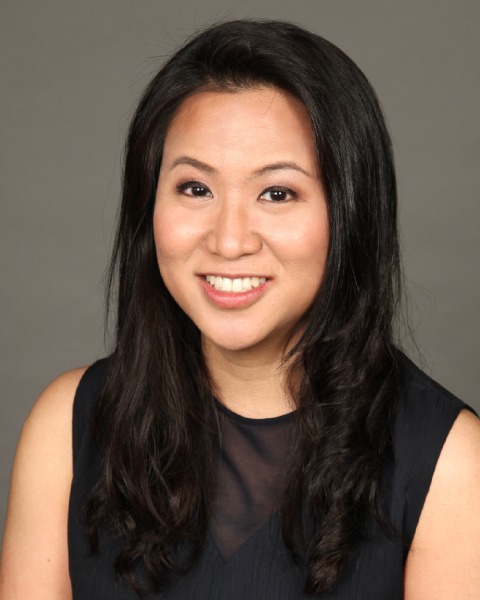Scientific Session
Scientific Session VI: Socioeconomic
(SS#VI) Byron Cone Pevehouse Young Neurosurgeon Resident Award (2023 Award Winner): What Is Lacking in Today’s Neurosurgical Mentorship and Harnessing Its Potential
Saturday, April 22, 2023
1:41pm - 1:47pm PST
Location: Los Angeles Convention Center, 403A

Janissardhar Skulsampaopol, MD (she/her/hers)
Endoscopic and Skull Base Fellow
St. Michael's Hospital, University of Toronto
Toronto, Ontario, Canada
Speaker(s)
Disclosure(s):
Janissardhar Skulsampaopol, MD: No financial relationships to disclose
Introduction: Neurosurgery is a highly demanding profession to learn and continually perform at the highest levels. Although mentorship can be a cornerstone for success and wellness, there is a lack of literature on mentorship throughout the career course of neurosurgeons. We identified the current state of mentorship and gaps that exist, determined the factors associated with these gaps and sought future directions for change.
Methods: North American and international survey of neurosurgeons and trainees.
Results: Of the 392 neurosurgical staff/trainees who provided complete responses, 216 (55%) had a mentor. Of these, 98.2% reported mentorship was related to work issues; 47.5% said it was related to academic/scholastic work. In contrast, issues often related to burnout such as balancing home-life issues outside work, emotional support and leisure issues were indicated by only 28.1%, 23.5% and 8.8% of the respondents, respectively.
Of the 175 (44.6%) without mentors, two key reasons were unavailability of mentor (61.5%) and their perception that mentorship will not be helpful (23.8%).
Seventy percent of the respondents reported that their organizations did not have a mentorship program.
Factors associated with having a mentor are: trainee (OR 1.72, 95% CI 1.12-2.64, p=0.013), female gender (OR 1.99, 95% CI 1.25-3.16, p=0.004), practicing neurosurgeon working in academic center (OR 1.69, 95% CI 1.03-2.79, p=0.039). Neurosurgeons working in academic centers reported more often that they mentored others (82.6%) than those who work in non-academic centers (52.2%), p < 0.001.
Neurosurgeons/trainees who have a mentor are significantly more likely to be offered leadership positions (OR = 1.68, 95% CI 1.12-2.51, p=0.011) and less likely to report burnout (OR = 0.6, 95% CI 0.39 – 0.91, p=0.015).
Conclusion : We have described the current state of mentorship in neurosurgery. Correcting current deficiencies in mentorship could be an effective tool to help address burnout and foster improved professional development.
Methods: North American and international survey of neurosurgeons and trainees.
Results: Of the 392 neurosurgical staff/trainees who provided complete responses, 216 (55%) had a mentor. Of these, 98.2% reported mentorship was related to work issues; 47.5% said it was related to academic/scholastic work. In contrast, issues often related to burnout such as balancing home-life issues outside work, emotional support and leisure issues were indicated by only 28.1%, 23.5% and 8.8% of the respondents, respectively.
Of the 175 (44.6%) without mentors, two key reasons were unavailability of mentor (61.5%) and their perception that mentorship will not be helpful (23.8%).
Seventy percent of the respondents reported that their organizations did not have a mentorship program.
Factors associated with having a mentor are: trainee (OR 1.72, 95% CI 1.12-2.64, p=0.013), female gender (OR 1.99, 95% CI 1.25-3.16, p=0.004), practicing neurosurgeon working in academic center (OR 1.69, 95% CI 1.03-2.79, p=0.039). Neurosurgeons working in academic centers reported more often that they mentored others (82.6%) than those who work in non-academic centers (52.2%), p < 0.001.
Neurosurgeons/trainees who have a mentor are significantly more likely to be offered leadership positions (OR = 1.68, 95% CI 1.12-2.51, p=0.011) and less likely to report burnout (OR = 0.6, 95% CI 0.39 – 0.91, p=0.015).
Conclusion : We have described the current state of mentorship in neurosurgery. Correcting current deficiencies in mentorship could be an effective tool to help address burnout and foster improved professional development.
